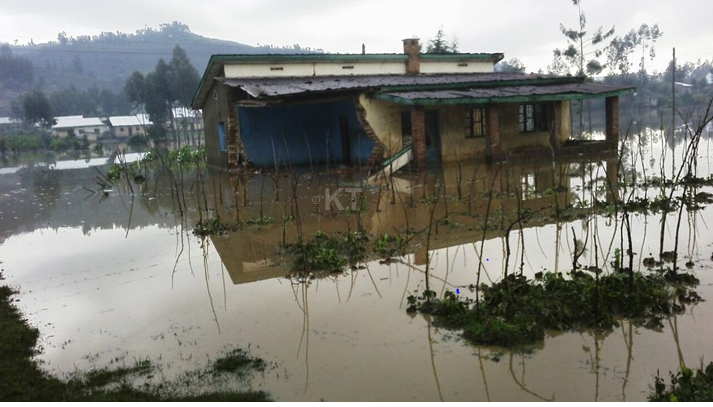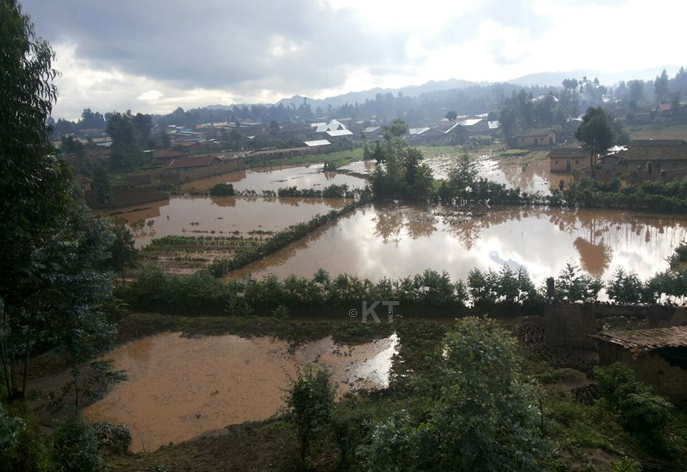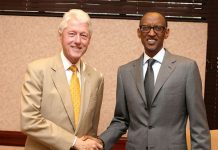By David Himbara
When I first heard that President Paul Kagame was going to attend IHS CERAWeek meeting in Houston, Texas, I shook my head in disbelief. What could he possibly offer at such a gathering? IHS CERAWeek is the premier annual global gathering of energy industry leaders, experts, innovators, government officials and policymakers from the technology, financial, and industrial communities.
I could not fathom what Kagame, a head of state in a country with 160 Megawatts, would possibly offer the IHS meeting. In North America, a single Google or Microsoft data center consumes more energy than Kagame’s Rwanda. The energy generated in Rwanda can only supply about 80,000 North American homes.
Then I got a shock of my life, as I was watching video clips of IHS VERAWeek in Houston. On February 25, 2016, President Kagame made a spectacular statement at the meeting. He first claimed that Africa has something to offer as a partner for innovation. The President gave examples of areas in which Africa can partner with others to make things happen — including robotics, drone technology, and mobile connectivity.
Then Kagame dropped a bombshell. Here is what he said:
Watch Kagame describe his project of using cargo drones to deliver health supplies to rural hospitals in Rwanda
“In Rwanda, we have invested heavily in ICTs and broadband connectivity. A new National Cyber Security Agency will be operational later this year. A project to deliver health supplies to rural hospitals using cargo drones is being pioneered in Rwanda. The regulatory framework we have put in place can also support research initiatives with energy partners.”
I never knew that Rwanda has “rural hospitals” let alone a drone making industry.
Then today, I saw in Kigali Today (KT), images of havoc caused by heavy rains in northern Rwanda.


I hope Kagame will send his cargo drones to help these distressed communities in northern Rwanda.































































